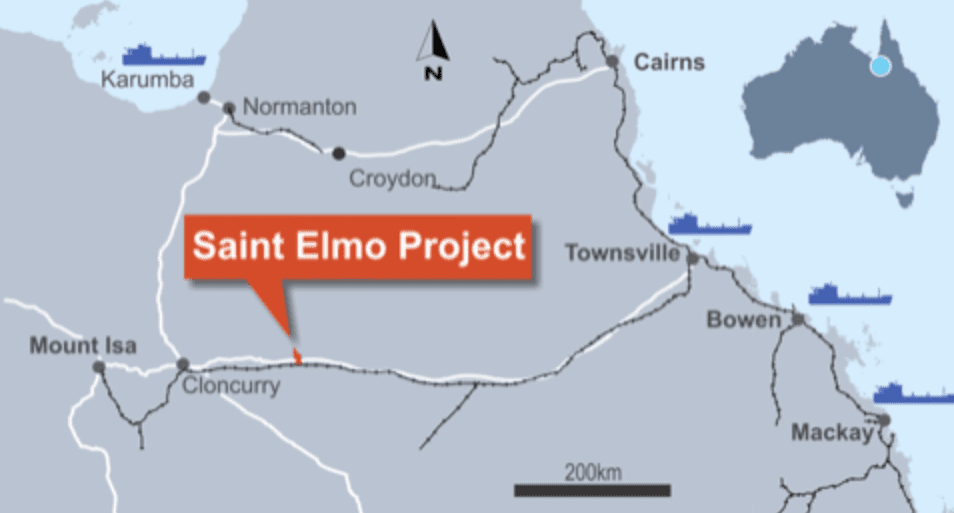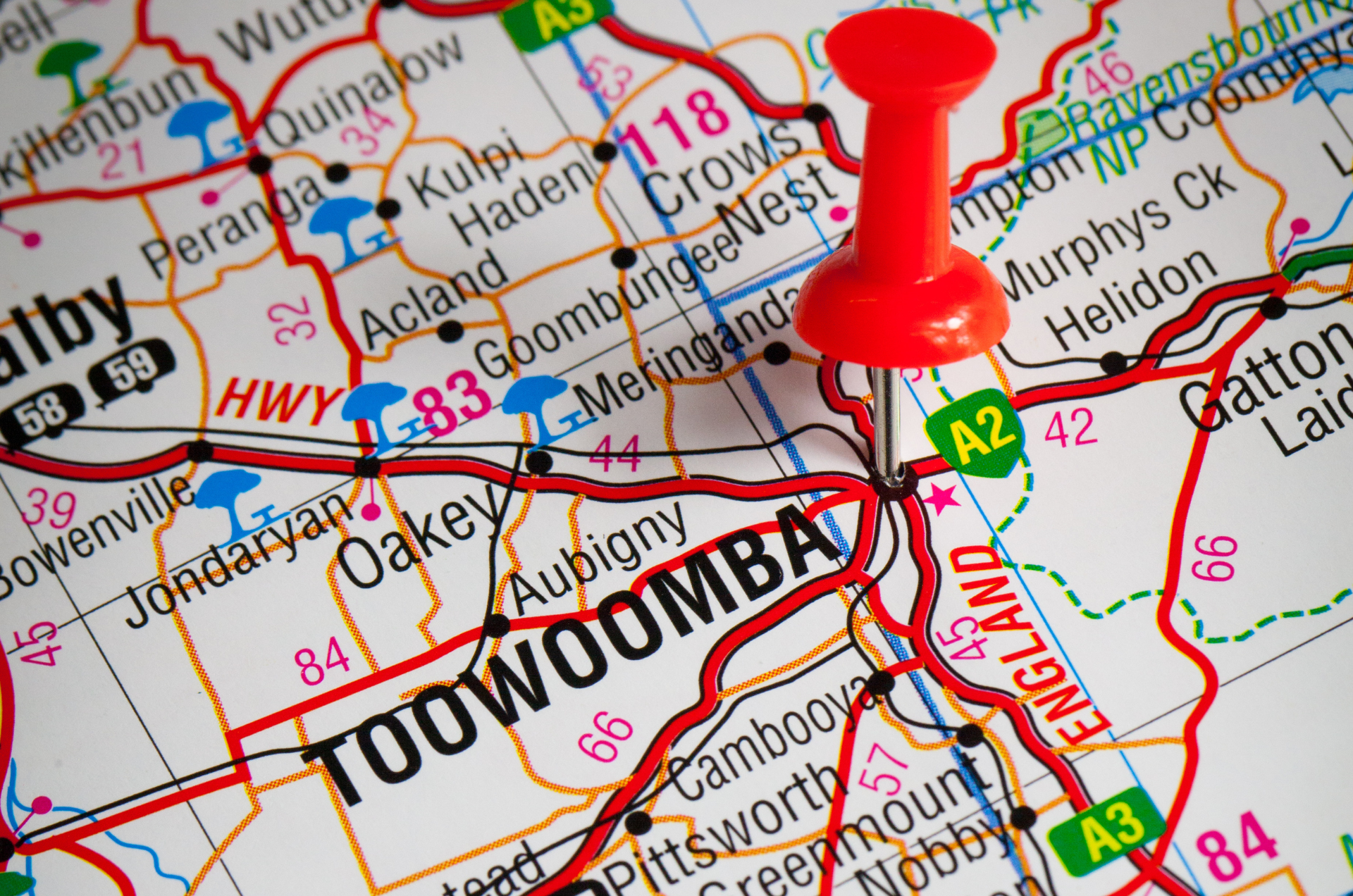Does Social Licence to Operate Overlap Humanitarianism?
September 16, 2023
Social Licence to Operate and Humanitarianism are two concepts that operate in different realms but share common ground in terms of societal acceptance and well-being.
While Social Licence to Operate primarily focuses on the acceptance and legitimacy of businesses or organizations within a community, humanitarianism revolves around promoting human welfare and alleviating suffering. Conversations comparing the two concepts have been a common theme in recent years, but what IS the overlap?
SOCIAL LICENCE TO OPERATE VS HUMANITARIANISM
Social Licence to Operate (SLO) refers to the level of acceptance, trust, and approval that a company or organization has from the community in which it operates. It recognizes the idea that businesses cannot function in isolation and need the support and cooperation of the community to thrive.
SLO encompasses various factors such as environmental responsibility, community engagement, ethical practices, and respect for human rights. It implies that organizations must not only comply with legal requirements but also go beyond them to gain social acceptance and demonstrate their commitment to the well-being of the community.
On the other hand, Humanitarianism is a moral and ethical framework that prioritizes the well-being and dignity of individuals and seeks to alleviate human suffering, particularly during times of crisis, conflict, or disaster. Humanitarian actions are guided by principles such as neutrality, impartiality, and independence.
Humanitarian organizations work towards providing assistance, protection, and support to vulnerable populations, regardless of their background, nationality, or affiliation. Humanitarianism is rooted in the belief that all human beings deserve respect, compassion, and access to basic necessities, regardless of the circumstances they find themselves in.
THE OVERLAP OF SOCIAL RESPONSIBILITY
Although Social Licence to Operate and Humanitarianism differ in their focus and scope, they converge on the importance of societal acceptance, engagement, and well-being. Both concepts recognize that organizations have a responsibility to contribute positively to society, either through their operations or through direct humanitarian actions. They acknowledge that the interests and needs of the community or vulnerable populations should be considered and prioritized.
While SLO primarily addresses the relationship between businesses and communities, Humanitarianism extends its reach to global contexts, responding to crises, conflicts, and natural disasters worldwide.
Much like Humanitarianism, Social Licence to Operate promotes sustainability and responsible practices. It encourages companies to adopt environmentally friendly policies, engage in fair labour practices, and contribute positively to the local economy. By doing so, organizations can foster trust, strengthen relationships, and ensure the long-term viability of their operations.
SLO PRACTICES IN PLANNING
The term “Social Licence to Operate” is one that, through mis-use in recent years, can inflame conversation about its true worth or usefulness as a part of the planning process. However, it’s important to note that it’s perhaps closer to being a concept than a regulation and still relies heavily on the ethics of a company or organisation to really build its worth.
Wall Planning Group incorporate the principal ethics of Social Licence to Operate in all their projects and, indeed, their mission for planning in Queensland: To build strong and sustainable communities through socially responsible planning and development practices.
We use detailed Social Impact Assessments to assist resource and renewable projects to make the right decisions regarding how their business impacts the community and how they can provide sustainable support to strengthen communities not only when they start production but also upon mine closure when major economic shifts can destroy a town.
We use community consultations to bridge the gap between communities and renewable energy developers (and any other developers) to ensure each understands the other and that development will be carried out with full knowledge of the impacts and the needs of the community.
We use community consultations and intensive research as a part of our Master Plans to ensure local governments get a big picture view of what their community needs and how to manage that in a socially and economically responsible way.
Ultimately, Social Licence to Operate is about having a conscience – knowing your community, understanding its needs, and finding the best practice to ensure that businesses can function viably whilst supporting its community. It’s about acknowledging that the ethics and actions of a business should be of benefit to its community to ultimately benefit the business as well.
It’s an ethic – are you doing what you should be doing for the community that supports you?
MAJOR PROJECTS WITH WALL PLANNING
Wall Planning Group are a community-focussed town planning firm that strives to build sustainable communities filled with vibrant spaces. To discuss your major project with us, contact us today for an initial consultation.




